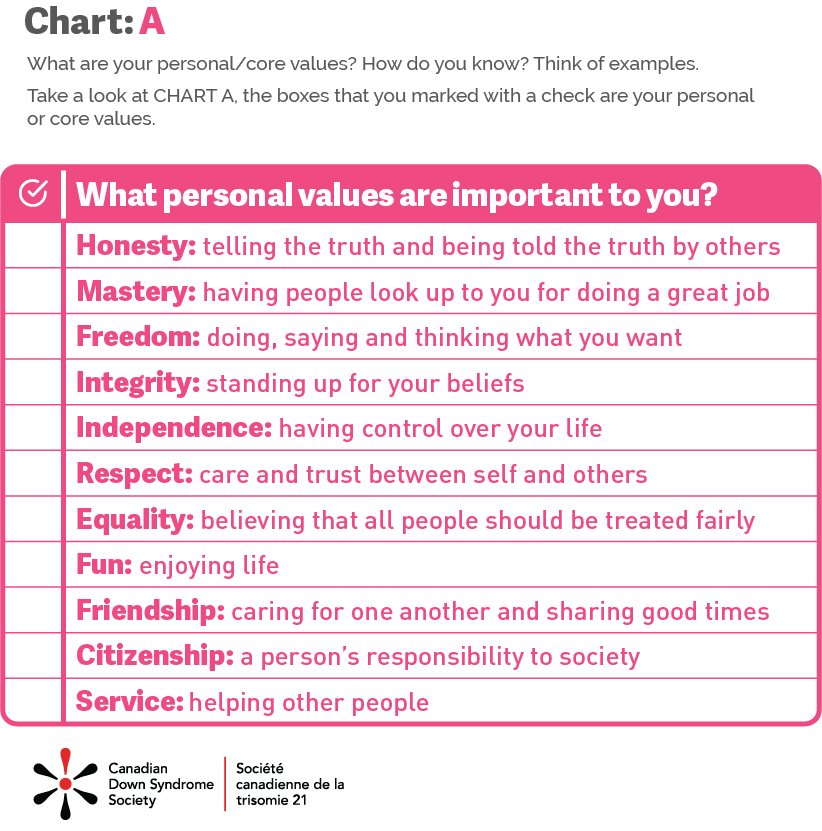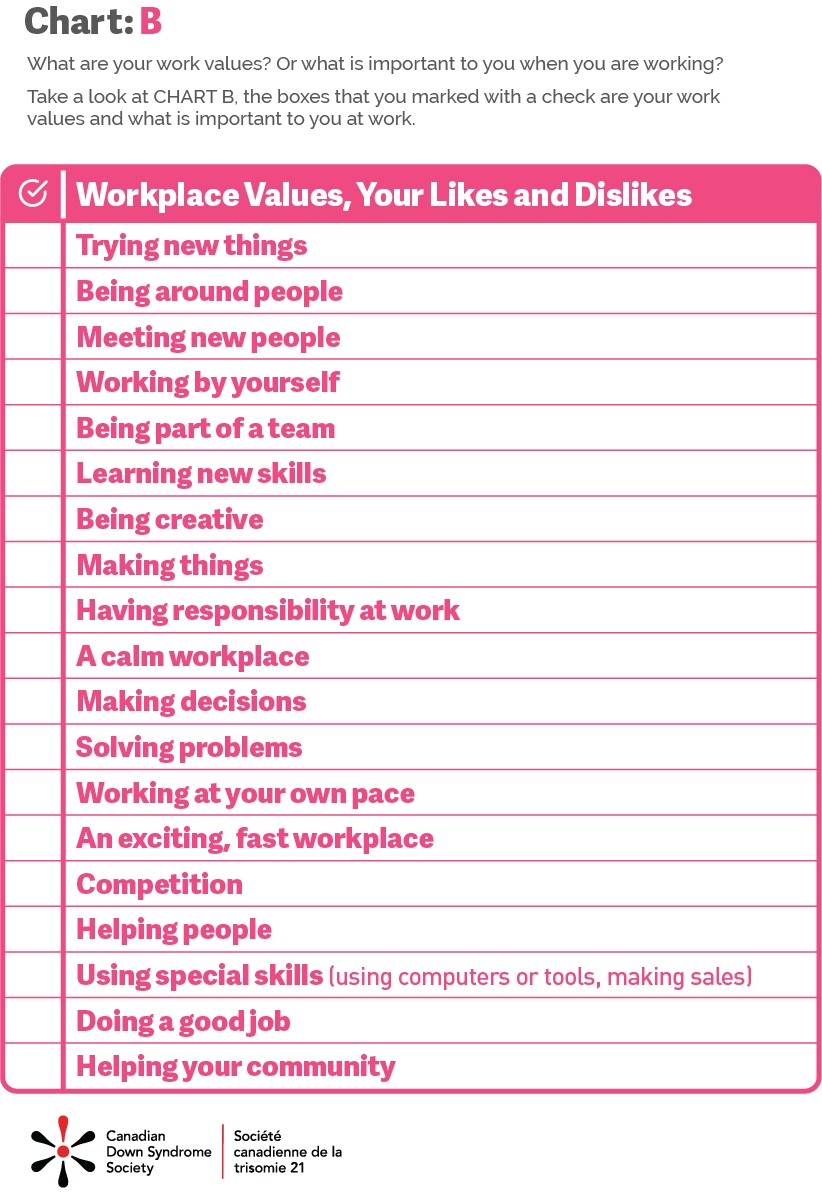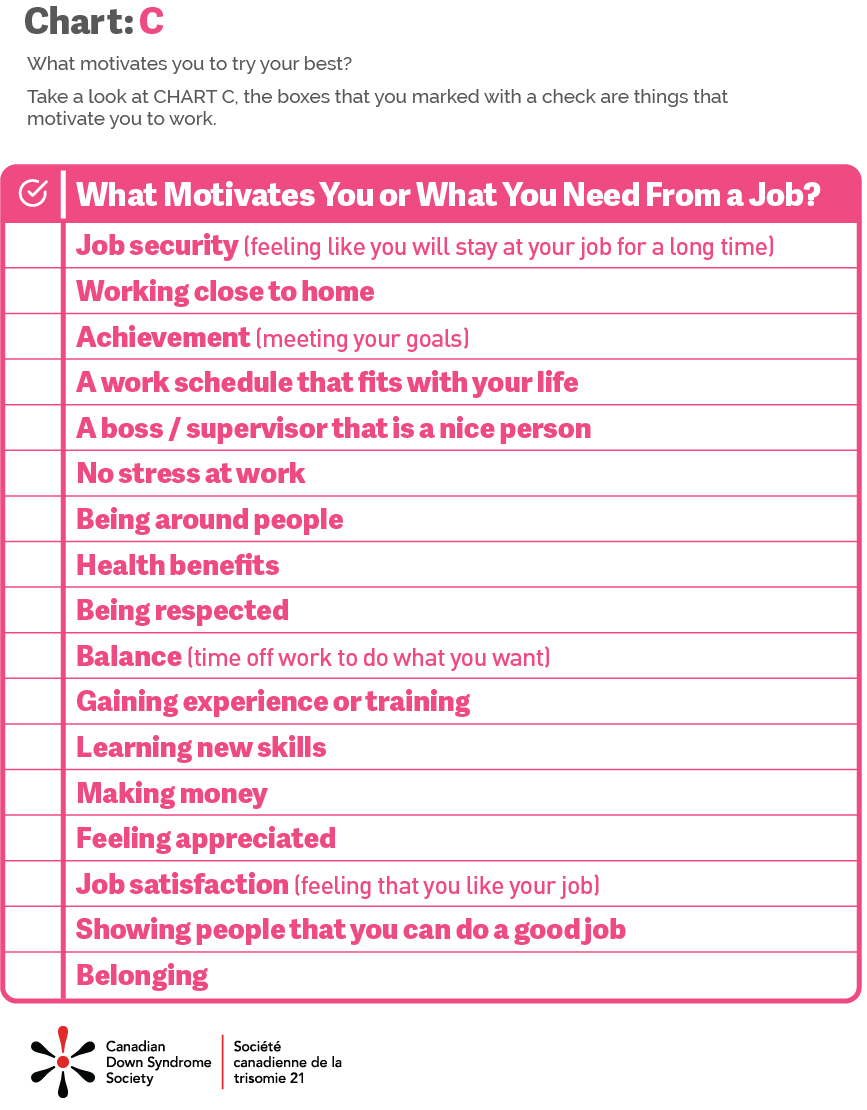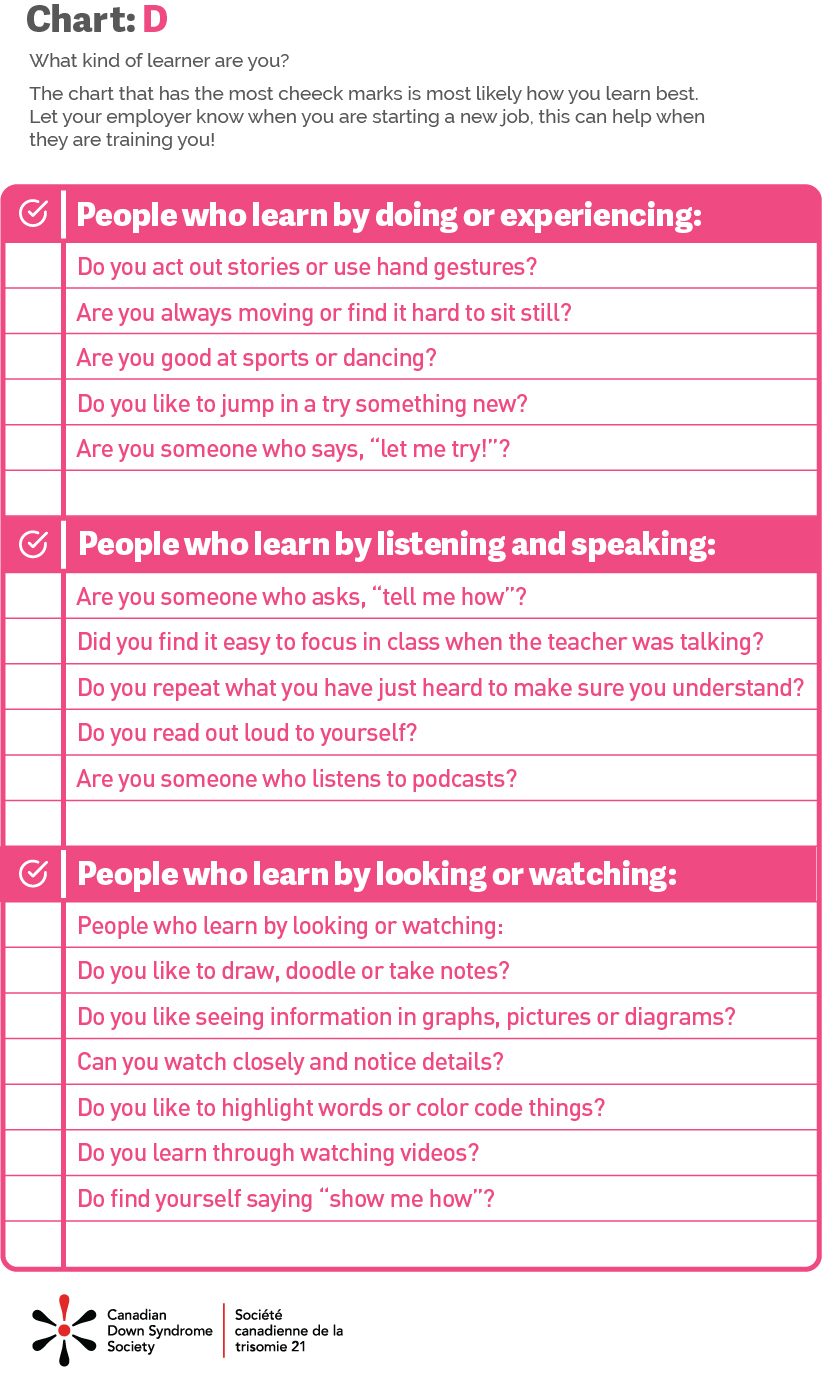Employment Planning Hub
Self-Discovery
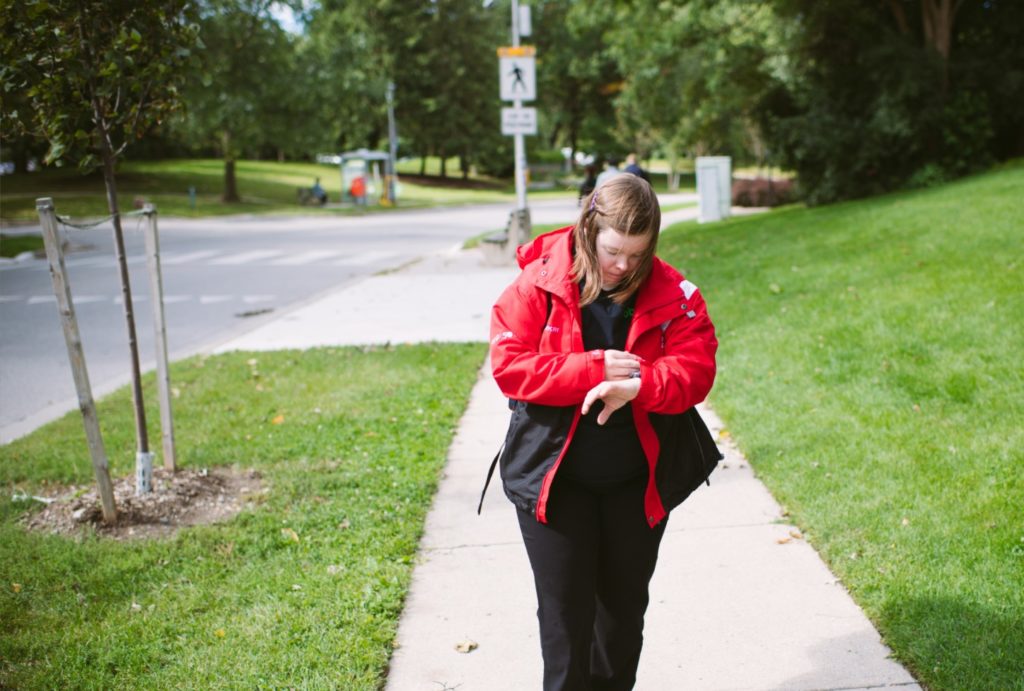
Section 2 Self-Discovery
Part A – What is Important to You?
The first step on the path to finding the right career is to really know yourself. Learning about your values, interests and skills will help you make good choices and decisions about work. This entire section is an ‘assignment’ that you can work through to discover and document (write down) things about you that are important when choosing a career. Enter this information into your Career Action Plan.
Values are your beliefs about what is good, right and important to you. Values play a big role in your actions, motivations and what you do. There is a big connection between your values and your goals. Knowing your values will help you make good choices about your career.
Self-Knowledge: The Key to Great Career Choices
Personal values or core values are what you care about deeply. We learn values from our family, our community and life experiences.
Video: Personal Core Values: The Why, What and How
Questions to help you think about personal values:
- Think about the world, your community and the people in your life. What do you care most about?
- Imagine that you just won the lottery. You decide to give half the money away – which charities, groups or causes would you donate to?
- Think about something in the news or a story you heard that made you happy. What kinds of human actions or behaviours inspire you / make you feel good?
- Think about news or a story that made you angry. What type of behaviour makes you upset?
- Who do you look up to? Why do you admire that person?
- What are your future goals for yourself?
Write down the answers to these questions then come back to them a week or two later and review your answers.
Are there any important changes or additions you want to make?
My Self Values Exercise
What are your personal/core values? How do you know? Think of examples. Take a look at CHART A, the boxes that you marked with a check are your personal or core values.
Workplace Values are what matter most at work and in your career.
Some questions to help you think about workplace values:
- Why do you want to have a job?
- What are your family’s career values? (examples: security, high salary, helping others)
- Think about a time you did your best work. What values made you try hard?
- Think about your proudest moment. What does success look like to you?
Work Values Quiz
Work Values Inventory
Career Exploration- Looking Inward at Values
Part B – Your Interests and Employability Skills
Interests are those things that get your attention, make you curious and get you excited. They are the things that you really like and want to learn more about.
What are you interested in? Take a moment and think about what you do when you have free time. What activities or hobbies do you like?
Examples: cooking, watching sports, drawing, riding your bike or volunteering
What are you interested in?
How do you spend your time?
Journal Activity
- Use a notebook, calendar or some paper
- Pick a time each day – (for example, after dinner or before bed)
- Write down what you did that day
- Keep track of your activities for two weeks
When you are done, look at your journal and ask yourself some questions:
- What do you do during your free time?
- What activities do you participate in?
- What is your favourite activity?
- What subjects are you interested in? When you search the internet or the library, what topics are you most interested in?
How do you like to spend your time? Here is a ‘Interests Checklist’ to help think about it.
Self-Discovery and the Art of Career Decision Making
What are Your Skills?
Skills are what you know how to do well, for example: talking with customers, typing, fixing bicycles, teamwork, organizing things or cooking. There are many types of skills that can help you do well in different parts of your life whether it is in school, work, a sport or hobby. Almost any skill can be learned and improved on.
Video: Hard Skills vs. Soft Skills
Video: How to Find Out What Your Skills are for Your CV and Job Hunting
Skills Brainstorm Activity:
Take a sheet of paper and write down all the skills you can think of – include both hard and soft skills.
If you get stuck, think about activities you do on a regular basis. What skills do you need to do those?
You could ask family, friends, or supports to help with your skills list.
What are your top skills?
Which skills do you feel most confident using?
What are Your Employability Skills?
Employability skills include things like teamwork, reliability, having a positive attitude, paying attention to safety, and many others. They are also known as ‘transferable skills’ that make an individual employable.
Your Employability Skills Tracker
The Employability Skills Tracker was designed to help you identify which employability skills you have and which skills you could improve on.
You can rate your employability skills over a period of at least 12 weeks and can be revisited over weeks, months or years.
The important thing is to learn what skills and strengths you already have, what you would like to improve on and which ones you have no experience with.
Print out the Employability Skills Tracker, mark down the date and don’t forget to go back and do it again. Overtime you might find that you have improved or become an expert at some skills.
You can include your best employability skills in your resume or cover letter.
Knowing what your employability skills are – and working on the ones you can improve – is an important way to make yourself more employable.
Part C – Learning New Skills
What Kind of Learner are You?
Find out how you learn best so that you can prepare for starting a new job. When you start a new job, you will have to be trained, you will learn new skills and try new things.
Here is a quick self-assessment to help you find out how you learn best:
Job or Workplace Accommodations
When you read a job description or start training for a new job, you may come across a task that you are unsure about. You may need to build on your confidence with some skills before you do certain tasks.
A job accommodation is any change in the working environment that makes it fair and allows the employee to do their job well. A job accommodation can be temporary or long term depending on the individuals needs. It is important to remember that you have the right to ‘reasonable accommodations’ if needed.
Examples of job accommodations
- Extra time for training
- A checklist
- Plain language instructions
- An ergonomic desk
- A part-time schedule
- Job coaching or mentorship
What is the Duty to Accommodate?
Job Accommodation Network
Canadian Council on Rehabilitation and Work (CCRW), Accommodation Examples
Accommodation! It’s a Right!

